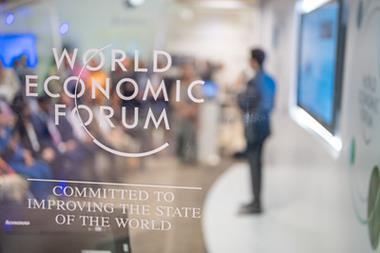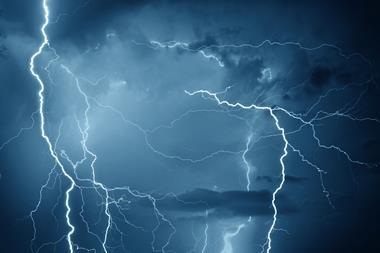This should be prompted by a fall in energy and slowdown in food prices, but the outlook remains uncertain
Oxford Economics has revised its 2022 eurozone inflation forecasts sharply higher, to 6.0%, since the start of the Ukraine war, as energy and food prices began to soar and new supply bottlenecks emerged.
However, it anticipates inflation will decelerate sharply to 1.3% in 2023. This should be prompted by a fall in energy and slowdown in food prices.
For now, commodity prices remain at the mercy of news out of Russia and Ukraine, but progress in diversifying energy sources and rising global supply amidst slowing demand should see energy prices fall next year.
Swift removal of price-busting policy measures, cost passthrough by energy providers is exceeding expectations, and potential embargoes pose upside risks to energy price forecasts.
A slowdown in core inflation due to falling consumer goods prices next year is also looking likely. Consumer confidence has dropped sharply after the start of the war amid tumbling real incomes.
So, while supply bottlenecks are expected to continue for the rest of the year, fading demand pressure suggests goods inflation is nearing a peak, with risks skewed to fast price drops.
Proceed with caution
Against this backdrop Oxford Economics anticipates the European Central Bank will pause its tightening cycle for most of next year after hiking rates three times in 2022 and exiting negative territory.
The forecasting company cautions that current outlooks on inflation are subject to a high degree of caution. “The surprising inflation gyrations over the course of the pandemic and more recently have underscored the need to be conscious of the risks around the outlook. Inflation prospects are unusually uncertain.
“The biggest risk is that an escalation and extension of the war pushes up commodity prices above our baseline. In our protracted war scenario, a gas embargo pushes eurozone inflation next year to close to 3%, roughly double the baseline.
”It could also be that US shale producers’ and OPEC’s supply response to soaring prices underwhelms as it has over the past year, keeping prices higher for longer. Or that future EU sanctions cut down Russian oil exports to the rest of the world, hitting global supply.
”Equally, progress by the EU in becoming less dependent on Russian energy exports or stalling growth in China, a major energy importer, could unexpectedly dampen prices.”
Pinning down inflation effects
- 1
- 2
- 3
- 4
- 5
- 6
- 7
- 8
- 9
- 10
 Currently reading
Currently readingInflation to slow sharply in 2023





























No comments yet